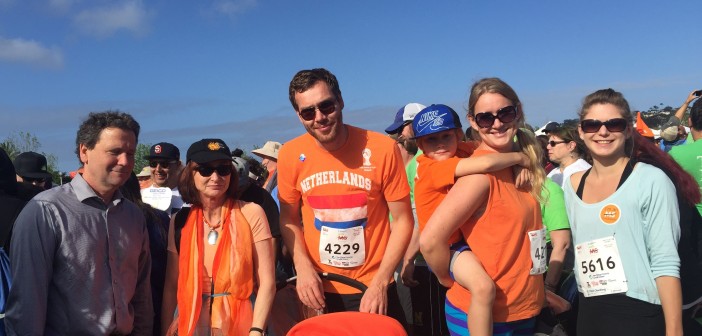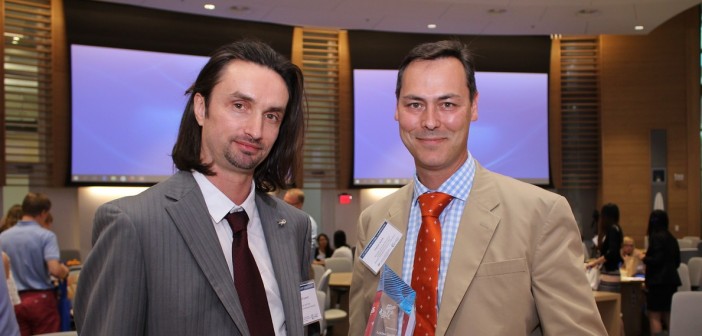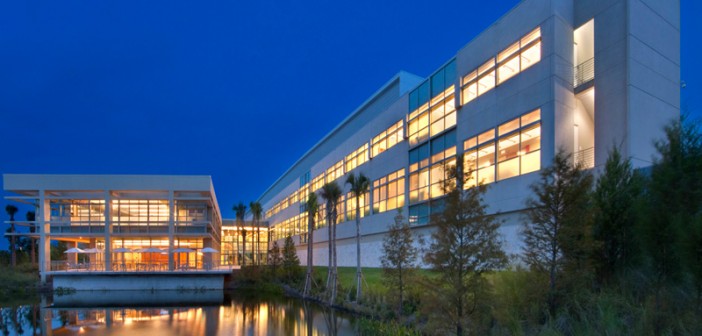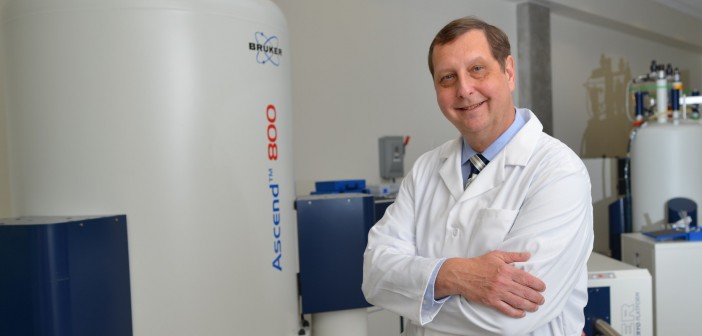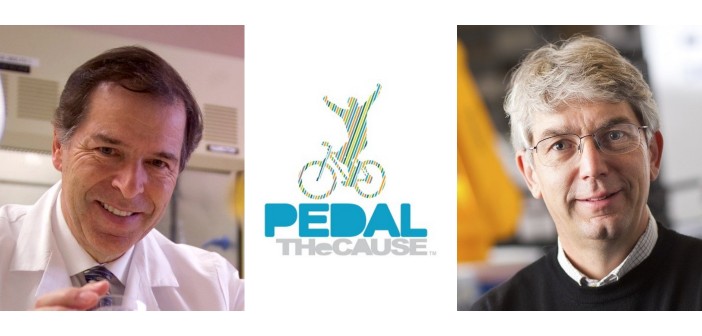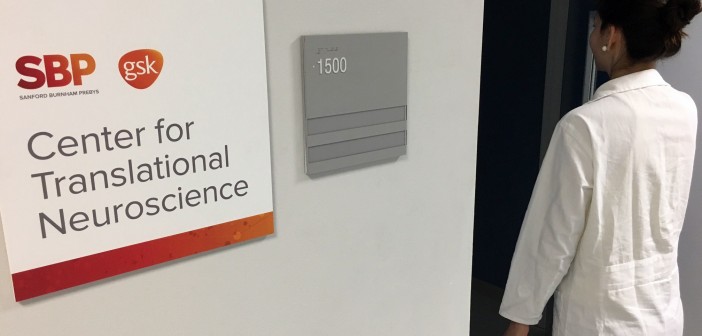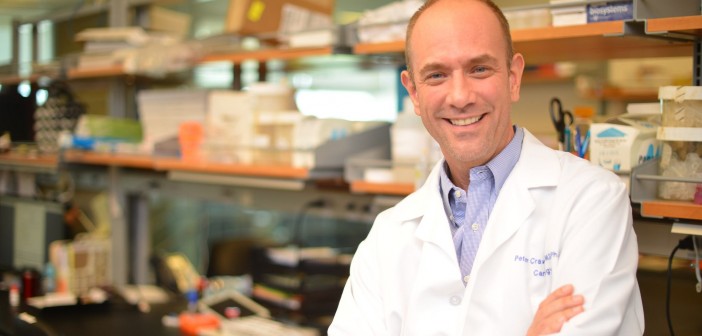This is part of a series on what past SBP postdocs are doing now.
Monika Schneider, PhD, was a postdoctoral researcher in the laboratory of Sumit Chanda, PhD, professor and director of the Immunity and Pathogenesis Program, from 2012-2014, where she studied how the immune system recognizes and clears HIV. After serving as a science policy advocate at the American Association of Immunologists, she recently took a position with the Duke-Margolis Center for Health Policy.
What’s your job like— what do you do every day?
In my current position, I develop policy solutions to issues that affect drug development and health care. My duties include research to identify the main players, current policy, and gaps in knowledge or process; convening meetings with relevant stakeholders; and writing up reports on recommended policies and pathways for implementation.
What do you enjoy most about it and why?
I really enjoy learning new things, and here I get to learn about what has to happen after discovery of a drug at a research institution before it can be marketed. I also get to make an impact on how drug development is prioritized and paid for.
What do you hope to accomplish in your career?
It’s the same as what initially drew me to science in general and immunology in particular: helping to reduce the suffering caused by disease. I hope to develop policies that will result in smarter, faster, and less costly drug development.
What did you gain from your postdoc experience at SBP?
I really appreciated the translational aspect of much of the research at SBP. I also feel that during my time as a postdoc, I learned how to do team science. Having multiple projects, and collaborators that were on the other side of the country, really strengthened my organizational and project management skills.
How did you find your first job after your postdoc? Was it challenging?
I found my first job through a job posting site. It was not challenging for me mostly due to good timing and fit—the organization’s leadership knew my references. However, I believe that my involvement in student government and the SBP Science Network (SBP-SN) gave me a leg up.
Were you looking specifically for jobs in science policy?
No, I was also considering scientific program management and medical writing. I really enjoy discussing science (I always liked lab meetings) and technical writing, so I was looking for positions where I could serve as a liaison between scientists and government, business interests, or the public.
What do you miss most and least about San Diego?
I miss the plethora of breweries, Mexican food, and, of course, the friends I made while living there. I do not miss sitting in traffic to get to work (I take the metro now) or the lack of leafy trees and grass.
